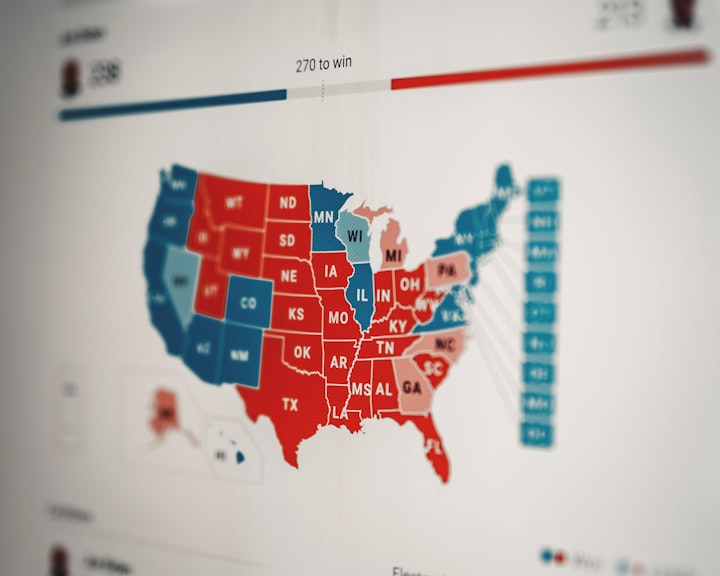
In the wake of the 2023 Nigerian election, the nation stood at a pivotal crossroads, where the dynamics of the electoral process unfolded to shape the path forward. The journey to this point was marked by the diverse voices of the citizens, echoing a desire for progress, unity, and effective leadership.
As the election unfolded, political candidates crisscrossed the vast Nigerian landscape, each articulating their vision for the nation's future. The air was thick with anticipation as citizens engaged in spirited discussions, weighing the promises and track records of candidates. It wasn't merely a choice between political parties; it was a decision that would determine the trajectory of Nigeria's development.
The candidates themselves recognized the complexity of the challenges ahead. A seasoned statesman with a history of public service pledged experience and stability. A dynamic newcomer championed innovation and youth empowerment. The campaign trail became a battleground of ideas, with candidates navigating the intricacies of a diverse and multifaceted nation.
Amidst the political fervor, a common thread emerged – a shared aspiration for unity in diversity. Nigeria's strength lay in its rich tapestry of cultures, languages, and traditions. The electorate yearned for a leader who could harness this diversity as a source of strength, fostering a sense of national identity that transcended regional and ethnic boundaries.
The electoral process itself underwent transformation. Technological advancements played a crucial role, ensuring transparency and efficiency. Online platforms became arenas for political discourse, allowing citizens to engage directly with candidates and discuss policies. The youth, tech-savvy and passionate, became a formidable force, demanding accountability and driving the discourse towards issues that mattered most to them.
As election day dawned, a palpable sense of responsibility pervaded the atmosphere. Long queues formed at polling stations, as citizens from all walks of life exercised their democratic right. The day unfolded with a mixture of excitement and tension, emblematic of the weight carried by each vote cast.
When the results began to trickle in, the nation held its collective breath. The outcome reflected the nuanced preferences of a diverse electorate. As the newly elected leader prepared to take the oath, a sense of hope reverberated across the nation. It was a hope not only for change but for a shared commitment to nation-building.
The challenges awaiting the new leadership were formidable. Economic disparities, infrastructural deficits, and social issues loomed large. However, the dynamics of the election had laid the foundation for a collaborative approach. The defeated candidates gracefully conceded, emphasizing the need for unity in addressing the nation's challenges.
The leader-elect, in their inaugural address, struck a chord of unity and inclusivity. Acknowledging the diverse tapestry of Nigeria, they pledged to govern for the collective good, irrespective of regional or ethnic affiliations. The cabinet that followed reflected this commitment, bringing together individuals with expertise from various sectors and regions.
The path forward required strategic planning and effective governance. The administration initiated a comprehensive review of existing policies, focusing on those that could be streamlined for efficiency and relevance. Economic reforms were set in motion to stimulate growth and address unemployment. Infrastructure development became a national priority, with a focus on connectivity and inclusivity.
The international community closely watched Nigeria's trajectory, recognizing the nation's strategic importance on the continent. Diplomatic efforts were intensified, fostering collaborations that would contribute to Nigeria's development and strengthen its global standing. The diaspora, a valuable resource of skills and investments, was actively engaged in the nation-building process.
As months passed, the impact of the strategic decisions became evident. Economic indicators showed signs of improvement, and infrastructural projects began transforming the landscape. The administration maintained an open line of communication with the citizens, ensuring transparency and accountability.
The journey that began with the election dynamics of 2023 had led Nigeria to a new chapter. The path forward was not without challenges, but the nation's resilience and the strategic decisions made during this crucial period paved the way for sustainable development. The unity forged during the election proved to be a cornerstone for progress, proving that the dynamics of democracy, when navigated strategically, could indeed shape a nation's destiny.





Comments
There are no comments for this story
Be the first to respond and start the conversation.